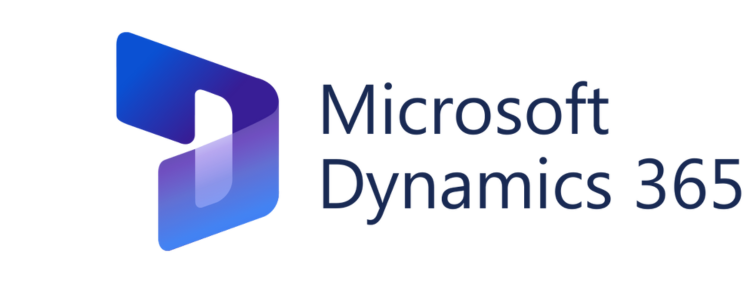Dynamics 365 Finance and Operations (F&O) supports several types of synchronous and asynchronous integrations
Synchronous Integrations:
OData Services: OData is an open standard protocol for creating and consuming RESTful APIs. Dynamics 365 F&O exposes OData services that can be used to read and write data in real-time.
Custom Services: Dynamics 365 F&O allows developers to create custom services using .NET or X++ code. These services can be invoked synchronously and can provide real-time integration with other systems.
Logic Apps: Logic Apps is a cloud-based service from Microsoft that allows users to create workflows to automate business processes. Dynamics 365 F&O provides connectors for Logic Apps, allowing users to trigger workflows synchronously when specific events occur in the system.
Service Bus: Dynamics 365 F&O supports integration with Azure Service Bus, which provides a reliable messaging platform for exchanging data between systems. Service Bus can be used to implement real-time integration patterns such as publish/subscribe and request/reply.
Asynchronous Integrations:
Data Management: Dynamics 365 F&O provides a data management framework that allows users to import and export data to and from the system asynchronously. Users can schedule data jobs to run at a specific time or on a recurring basis.
Power Automate: Power Automate (formerly known as Microsoft Flow) is a cloud-based service that allows users to create workflows to automate business processes. Dynamics 365 F&O provides connectors for Power Automate, allowing users to trigger workflows asynchronously when specific events occur in the system.
Data Entities: Dynamics 365 F&O provides data entities that can be used to extract data from the system asynchronously. Users can schedule data entity exports to run at a specific time or on a recurring basis.
Batch Framework: Dynamics 365 F&O provides a batch framework that allows users to run long-running processes asynchronously. Users can schedule batch jobs to run at a specific time or on a recurring basis.
File-based Integrations: Dynamics 365 F&O provides support for file-based integrations, where data is exchanged between systems using flat files such as CSV, XML, or JSON. Users can schedule file-based integrations to run asynchronously at a specific time or on a recurring basis.
